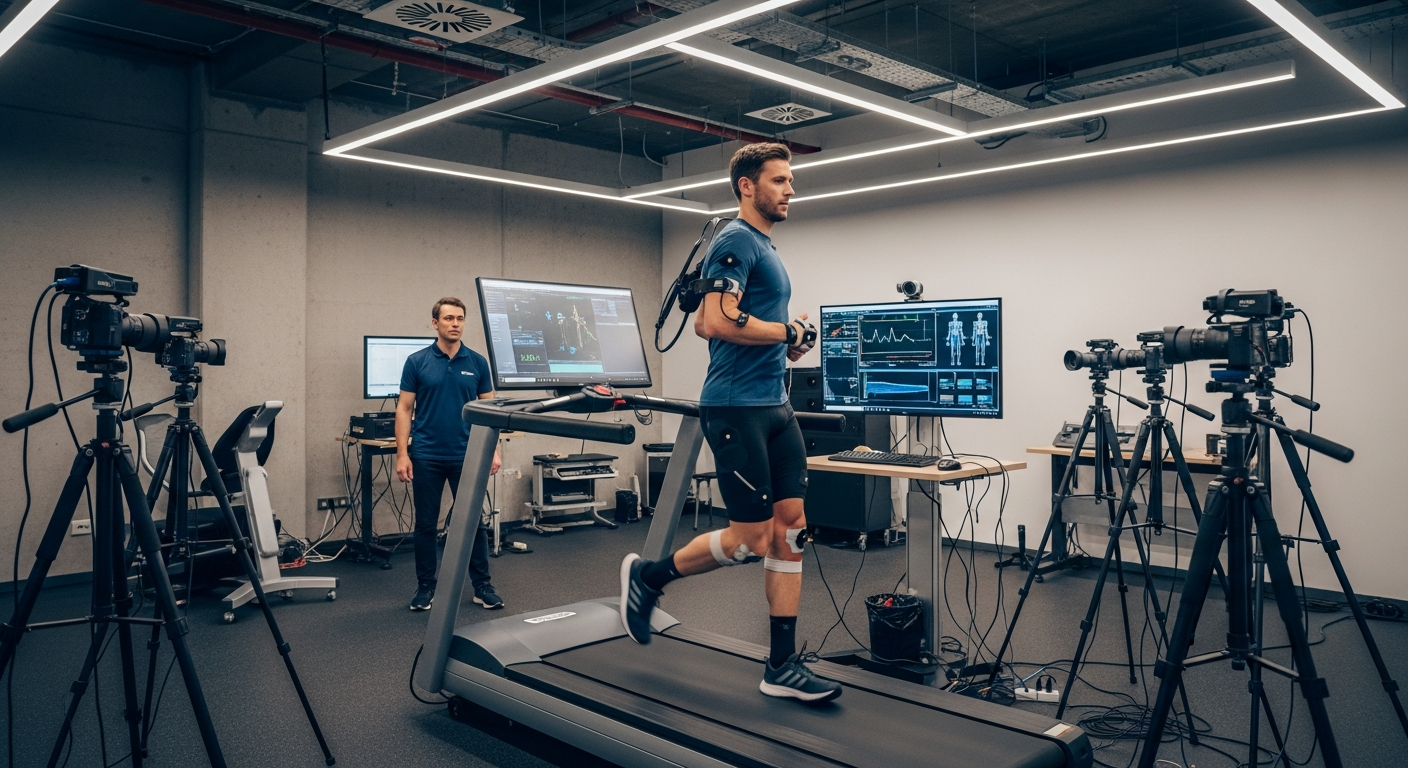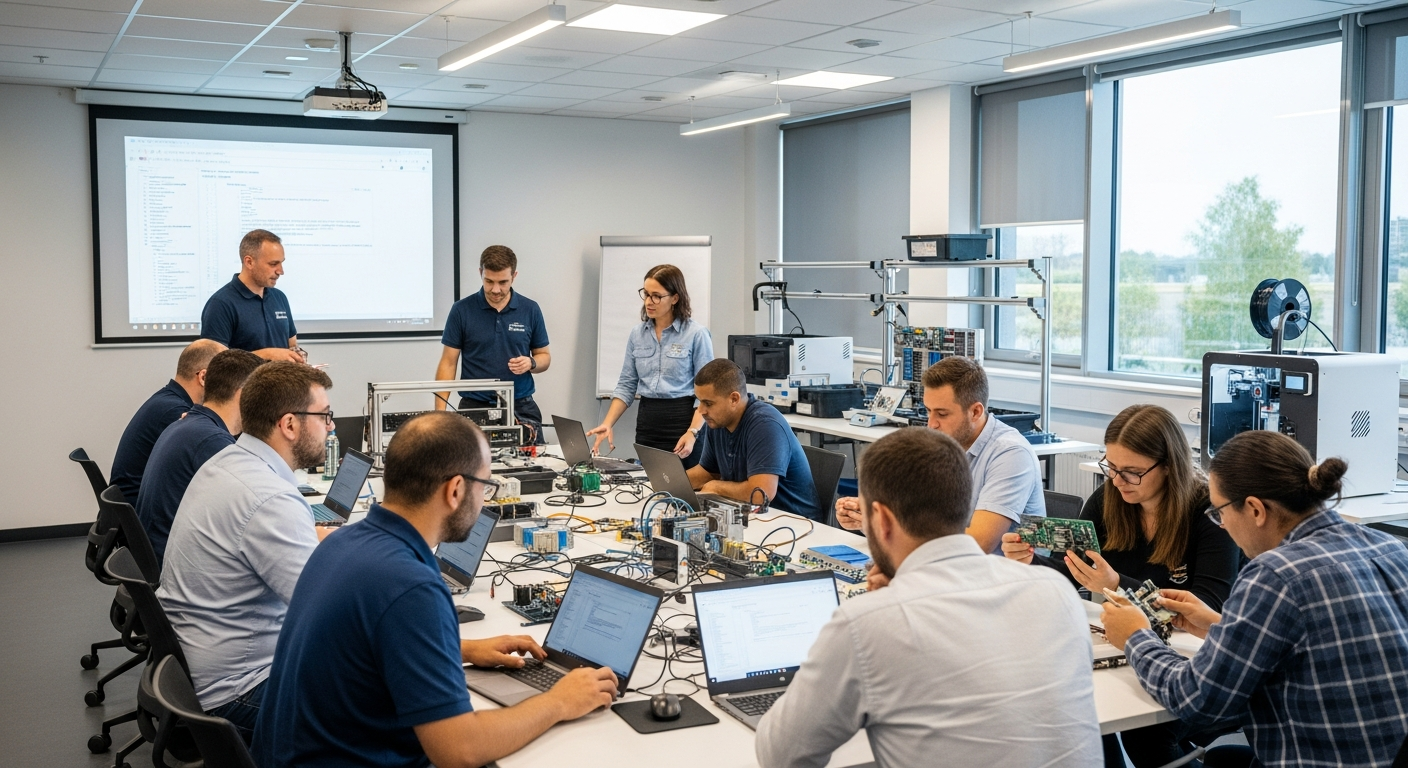The Hidden Power of Micro-Mentoring in Career Advancement
In today's rapidly evolving professional landscape, traditional mentorship models are being reimagined. Enter micro-mentoring: a dynamic, bite-sized approach to career guidance that's revolutionizing how professionals learn and grow. This innovative strategy offers quick, focused interactions that deliver immediate value, making it an ideal fit for our fast-paced world.
The Evolution of Mentorship
Mentorship has long been a cornerstone of professional development, dating back to ancient Greek mythology where Mentor guided Odysseus’s son. Throughout history, the apprenticeship model dominated, with experienced craftsmen passing knowledge to novices over years. The 20th century saw formal mentorship programs emerge in corporations, often pairing junior employees with senior executives for long-term guidance.
However, as workplaces became more diverse and careers more fluid, traditional mentorship models began showing limitations. The rigid, hierarchical structure often failed to address the varied needs of modern professionals navigating complex career paths. This gap paved the way for more flexible, targeted approaches to mentorship, ultimately leading to the emergence of micro-mentoring.
Understanding Micro-Mentoring
Micro-mentoring involves short, focused interactions between mentors and mentees, typically lasting from a few minutes to a couple of hours. These sessions are designed to address specific questions, challenges, or skills, rather than providing broad, long-term guidance. The approach allows professionals to seek advice from multiple mentors across various areas of expertise, creating a diverse network of support.
Key characteristics of micro-mentoring include its brevity, specificity, and accessibility. Mentees can connect with mentors through various platforms, including social media, professional networking sites, or specialized mentoring apps. This flexibility enables professionals to seek guidance on-demand, aligning perfectly with the fast-paced nature of modern careers.
Benefits of Micro-Mentoring
The advantages of micro-mentoring are numerous and impactful. First, it offers unparalleled flexibility, allowing busy professionals to engage in mentorship without the commitment of long-term relationships. This accessibility makes it easier for individuals at all career stages to seek guidance, democratizing access to expert advice.
Micro-mentoring also promotes diversity in perspectives. By connecting with multiple mentors from various backgrounds and industries, professionals can gain a broader view of their field and potential career paths. This exposure to diverse viewpoints can spark innovation and creativity in problem-solving and career planning.
Furthermore, the focused nature of micro-mentoring sessions ensures that participants receive targeted, actionable advice. This immediacy of value can lead to quicker implementation of new skills or strategies, accelerating professional growth and development.
Implementing Micro-Mentoring in Your Career
To leverage micro-mentoring effectively, start by identifying specific areas where you need guidance. This could range from technical skills to leadership challenges or industry insights. Once you’ve pinpointed your needs, seek out potential mentors through professional networks, industry events, or specialized mentoring platforms.
When engaging in micro-mentoring sessions, come prepared with clear, concise questions to maximize the limited time. Be respectful of your mentor’s time by doing preliminary research and focusing on areas where their expertise is most valuable. After each session, take time to reflect on the advice received and develop an action plan for implementation.
Remember that micro-mentoring is a two-way street. As you benefit from others’ expertise, look for opportunities to offer your own knowledge and experience to those seeking guidance. This reciprocity helps build a robust professional network and can lead to unexpected career opportunities.
Challenges and Considerations
While micro-mentoring offers numerous benefits, it’s not without challenges. The brevity of interactions can sometimes limit the depth of relationships formed, potentially missing out on the long-term support traditional mentorship provides. Additionally, the quality of advice can vary widely, making it crucial to vet potential mentors carefully.
Another consideration is the potential for information overload. With access to multiple mentors and diverse perspectives, professionals must develop strong critical thinking skills to synthesize and apply the advice effectively. It’s important to balance the breadth of insights gained through micro-mentoring with the depth of understanding that comes from longer-term relationships and personal reflection.
The Future of Micro-Mentoring
As technology continues to evolve, so too will the landscape of micro-mentoring. Artificial intelligence and machine learning algorithms may soon play a role in matching mentors and mentees more effectively, based on skills, experiences, and career goals. Virtual and augmented reality technologies could enhance the quality of remote mentoring sessions, creating more immersive and engaging interactions.
Furthermore, we may see the integration of micro-mentoring into formal education and professional development programs. Companies and educational institutions could incorporate brief mentoring sessions into their curricula, providing students and employees with regular access to industry experts and thought leaders.
The rise of the gig economy and project-based work is likely to further emphasize the importance of micro-mentoring. As professionals navigate multiple career transitions and diverse projects, the ability to quickly access targeted advice will become increasingly valuable.
In conclusion, micro-mentoring represents a powerful evolution in career development strategies. Its flexibility, accessibility, and targeted approach make it an invaluable tool for professionals navigating the complexities of modern careers. By embracing this innovative form of mentorship, individuals can accelerate their growth, expand their networks, and adapt more readily to the ever-changing demands of the professional world. As we look to the future, micro-mentoring stands poised to play a central role in shaping how we learn, grow, and succeed in our careers.







